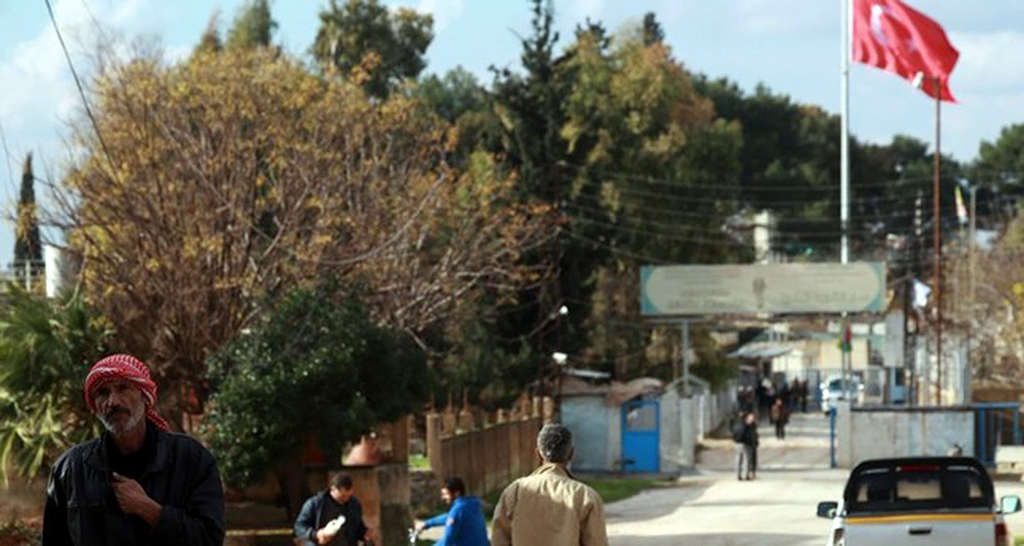Although Jeffrey likes to describe his country's relationship with the PKK's Syrian affiliate as temporary and tactical, he himself said recently that defeating Daesh wasn't Washington's only objective in the Syrian theater. According to Jeffrey, the United States will maintain a footprint in PKK-occupied parts of Syria until Iranian proxies are forced out and the political transition is complete. In other words, U.S. troops will stay in Syria not temporarily but in the long run.
Ironically, Washington has been reluctant to identify its endgame and to share details of its game plan with Turkey, its NATO ally. U.S. officials reportedly claim in meetings that they, too, do not know what they want to accomplish in Syria, but that's just another stalling tactic. In the Middle East, all blueprints seem to be temporary and tactical at first – just before they evolve into permanent features. History books are filled with supposedly temporary faits accomplis by Britain and France, and later the United States and Israel. We are all too familiar with the disastrous outcomes of supposedly strategic plans and so-called humanitarian interventions that those powers have carried out in this part of the world. Iraq and Afghanistan attest to that fact. Yet Turkey is determined to prevent another fait accompli involving YPG forces. Turkish officials maintain that neutralizing the terror threat next door is a cornerstone of Turkey's national security strategy – even if it takes decades to defeat the enemy.
There are still many questions to be answered: How exactly will the operation play out? Will Turkish troops cross into predominantly Arab areas located between Tel Abyad and Ras al-Ayn? Will there be a hot conflict between Turkish and U.S. troops? We will find out when Turkey gives the green light. Yet here's a quick point on the possibility of a hot conflict between Turkey and the United States: It goes without saying that any exchange between the forces of two NATO allies would fuel a serious crisis that both sides must avoid at all costs. That crisis would be unprecedented. That's why Turkey provided advance warning to the United States and decided to carry out the operation after lengthy deliberations. Under the circumstances, there is no reason to believe that Turkish troops will clash with U.S. forces on the ground.
At the same time, the two countries attach different amounts of importance to the situation there. The Turks see the terror threat next door as a vital threat against their national security and territorial integrity. The United States, in turn, says its military commitments on the ground are temporary and tactical. Seeing that, it is Washington's responsibility to withdraw its forces from those parts of Syria that its NATO ally, Turkey, will liberate. U.S. officials cannot afford to turn a blind eye to the level of determination in the Turkish capital Ankara. It would take a bigger footprint in Syria to protect the YPG militants. Even if Washington were to deploy additional troops to the conflict zone, it cannot have its way without negotiating terms with Turkey.
[Daily Sabah, 15 December 2018]







